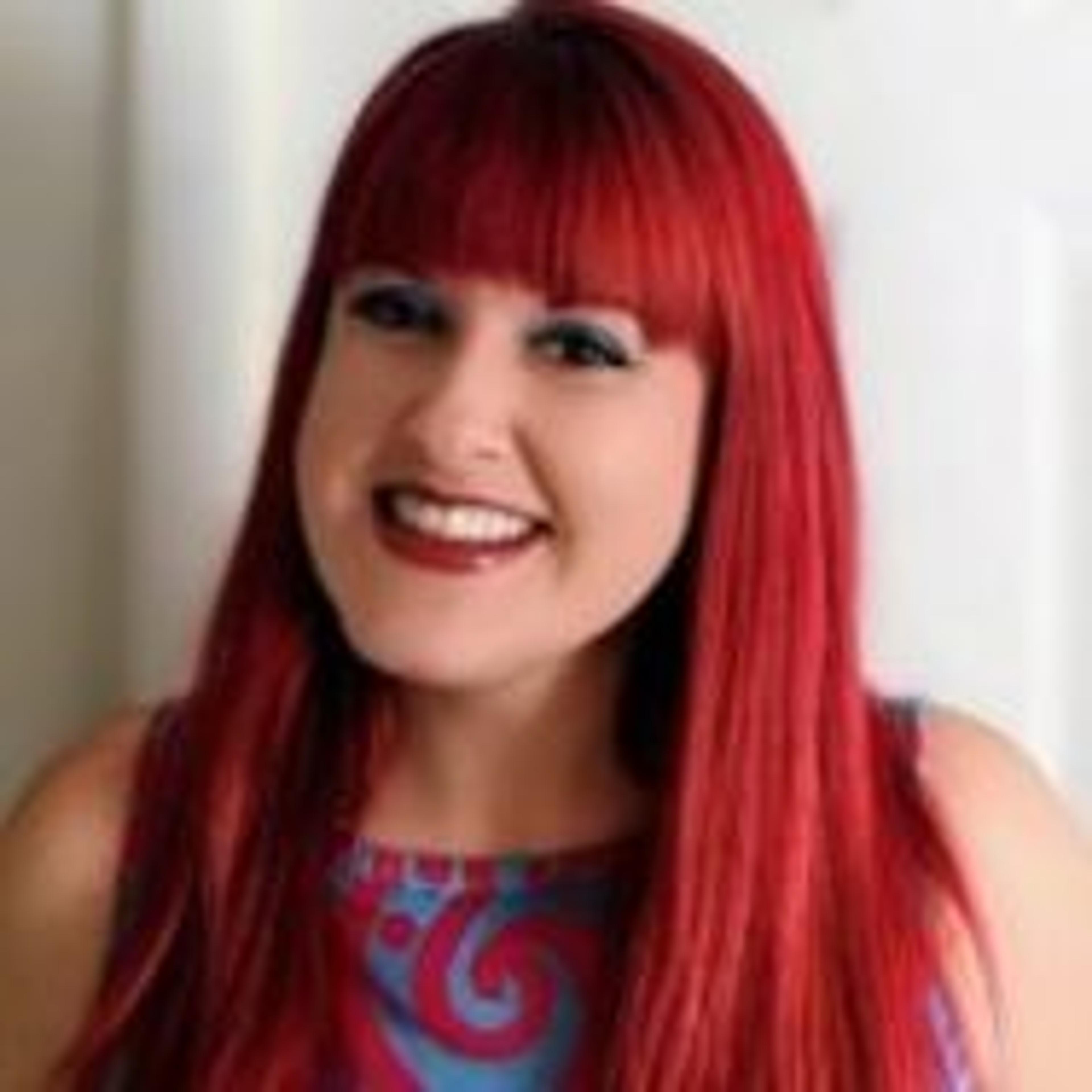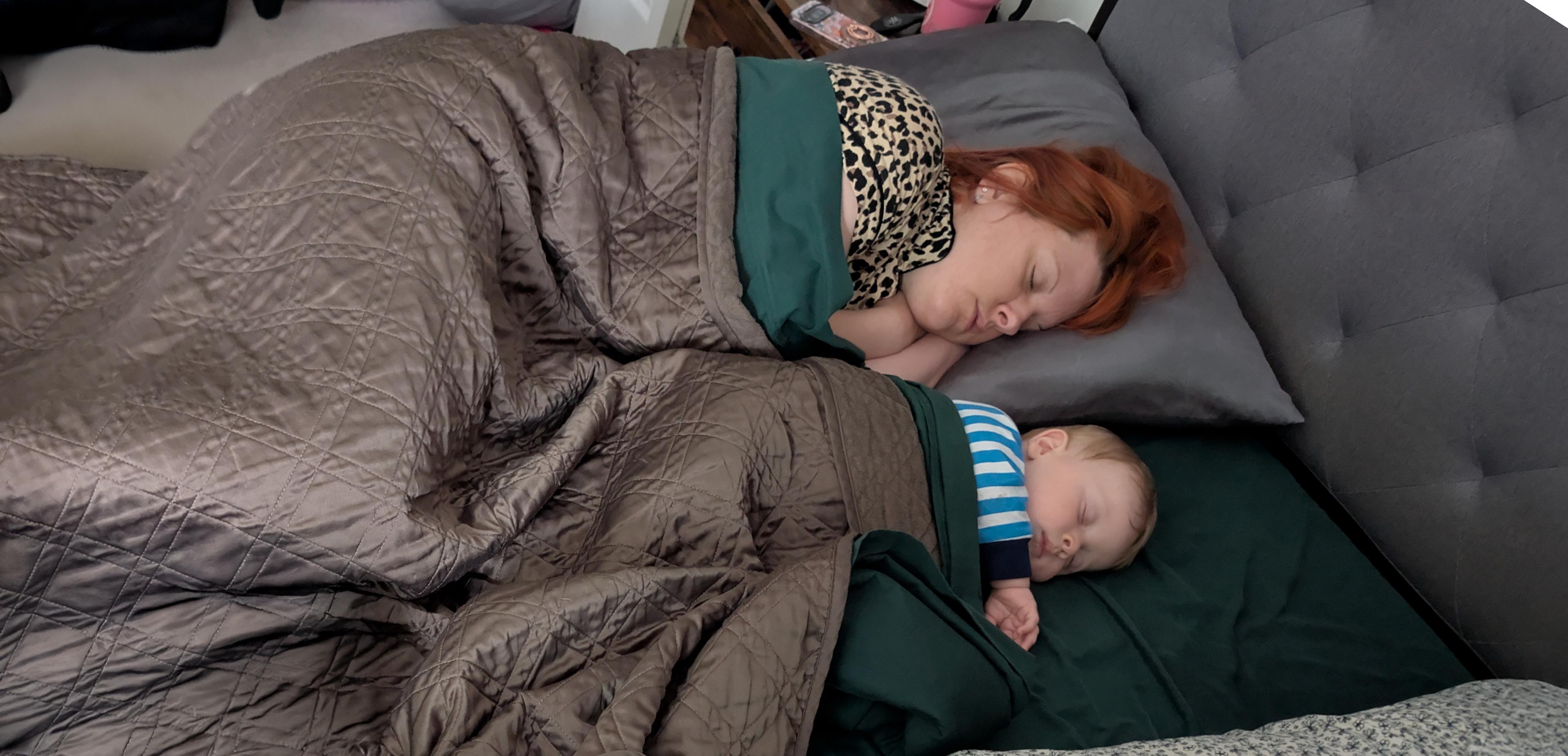Why I Stopped Apologizing for Needing a Full Night's Sleep

Monica Drake
| 3 min read

If I could have any superpower, I would pick something simple: the ability to function on little sleep.
Being a mom to an 11-month-old, you would think I’d be used to not getting enough sleep. Still, no matter how many times I wake up to my baby’s cries in the middle of the night, I’m not used to it.
While I sometimes fantasize about all I could accomplish if I could function on little sleep, the reality is that a night of only four to five hours leaves me completely miserable and plagued by brain fog, dizziness and a heightened sense of panic and paranoia.
For a long time, I assumed I was “bad at being tired,” and I would beat myself up for not coping as well as others. I started noticing, though, that my sleepless nights didn’t just feel like fatigue.
They felt like a full-blown anxiety attack. This made me wonder if my generalized anxiety disorder was amplifying my response to sleep loss. Do I need more sleep than someone without a mental health condition?
According to a study in the journal Nature Human Behaviour, sleep loss is linked to impaired medial prefrontal cortex activity. The deep phase of sleep is a natural anxiety reliever while a sleepless night is shown to raise anxiety levels by 30%.
For those of us who already have an abnormal prefrontal cortex thanks to a mental illness, it’s no wonder that a lack of sleep affects us more than others. Even moderate reductions in sleep from night-to-night can result in significant day-to-day increases in anxiety. That’s why I feel like a completely different person when I get eight hours of sleep, compared to four. I feel more motivated, less irritableand more in control of my own thoughts.
How do I get the recommended seven to eight hours of sleep each night?
My first rule: Instead of choosing to watch a movie after my baby falls asleep or one more TV episode, I get in bed, dim the lights and do something that doesn’t require a screen. The blue light from a screen is designed to keep my brain awake, and that’s the last thing my anxious mind needs when I’m trying to sleep.
Maybe I’ll read a book or put in my earbuds and listen to the Boring History for Sleep podcast or the Fall Asleep in Under 3 Minutes playlist. This gives my brain something else to focus on – instead of replaying embarrassing moments from the day or five years ago.
Other things that have helped me fall asleep faster and stay asleep longer have been setting a caffeine curfew six to eight hours before bed, taking a warm bath to relax and creating a “sleep cave” by closing the curtains, turning on the fan and wrapping myself in a weighted blanket.
If I wake up in the middle of the night, my first instinct is usually to panic about how little sleep I'm getting. Now, I try a breathing technique called the 4-7-8 method, where I inhale for four seconds, hold for seven, and exhale for eight. This gives me a calming task to focus on and often keeps a brief wake-up from turning into a full-blown sleepless hour.
Most of all, I’ve learned to give myself grace and to stop viewing my need for sleep as a weakness. Like Superman, who needs the yellow sun to fuel his abilities, I need sleep to fuel me. It's not just a tool to manage my anxiety; it’s the power source I need to be the mom, the employee and the human I want to be.
Image: Courtesy of Monica Drake





